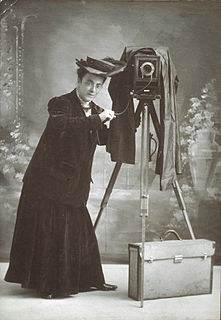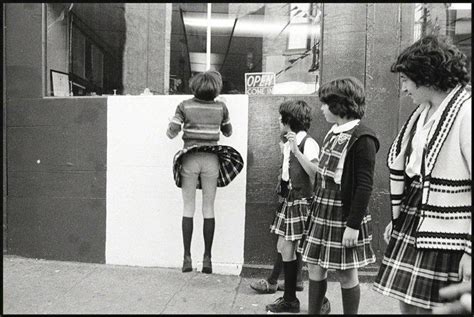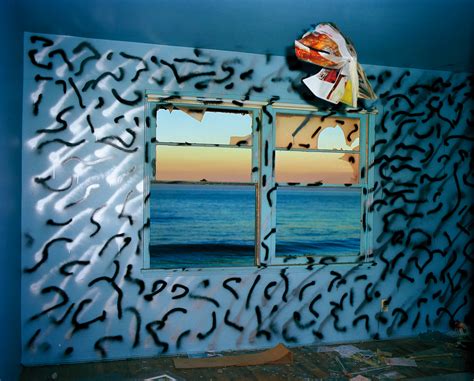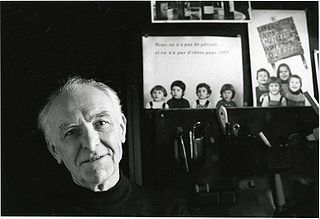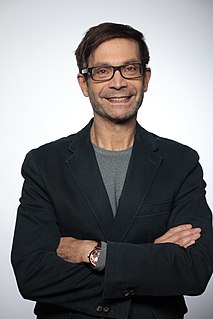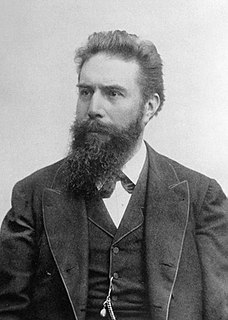A Quote by Amy Arbus
It's entirely ridiculous and hopeless to try to compete with somebody who made such a huge contribution to photography... I knew when I went into photography that I would be compared to my mother. I thought to myself, what can I do about that?
Related Quotes
Too many photographers try too hard. They try to lift photography into the realm of Art, because they have an inferiority complex about their craft. You and I would see more interesting photography if they would stop worrying, and instead, apply horse-sense to the problem of recording the look and feel of their own era.
I chose makeup over photography because there was something very sensual about makeup that I loved. But photography was always in the back of my mind. That was always something that I was very connected with: looking at magazines, enjoying photography, and then taking pictures myself when I was a kid.
The first half of the 20th century belongs to Picasso, and the second half is about photography. They said digital would kill photography because everyone can do it, but they said that about the box brownie in 1885 when it came out. It makes photography interesting because everyone thinks they can take a picture.
It was only after a while, after photographing mines and clear-cutting of forests in Maine, that I realized I was looking at the components of photography itself. Photography uses paper made from trees, water, metals, and chemistry. In a way, I was looking at all these things that feed into photography.

